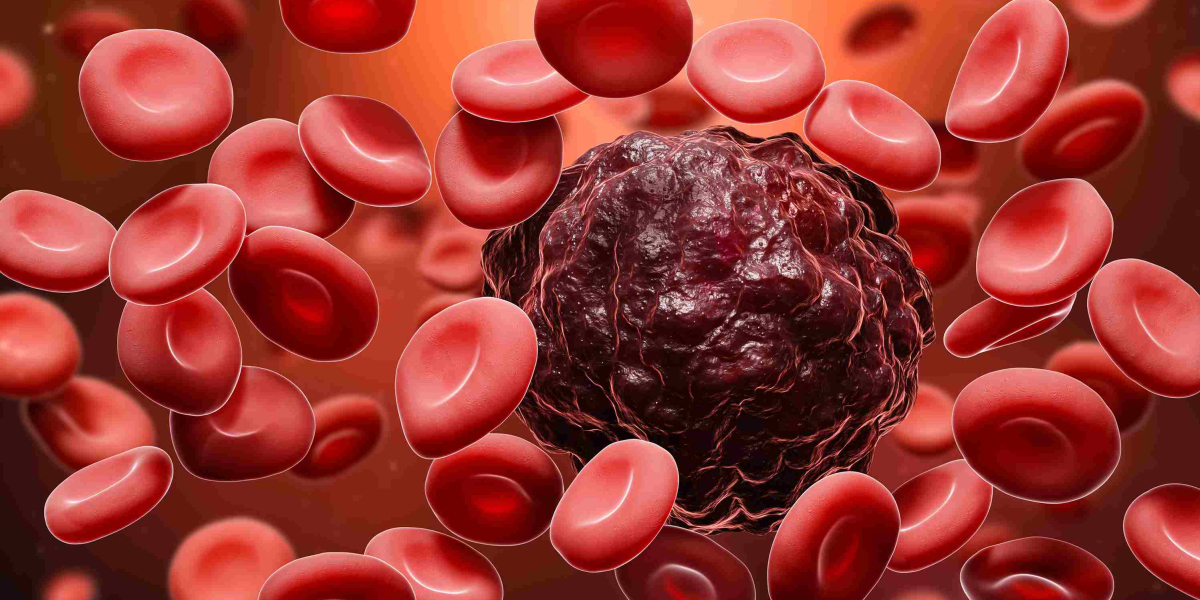The Damaging Effects of Fluoride on the Pineal Gland
Fluoride, a chemical compound commonly added to water supplies and oral hygiene products, has long been a topic of controversy. While it is believed to strengthen tooth enamel and prevent cavities, recent studies have raised concerns about its potential harmful effects on the pineal gland.
The Pineal Gland: A Vital Endocrine Organ
The pineal gland, located in the brain, plays a crucial role in regulating various hormonal activities in the body. It produces melatonin, a hormone responsible for regulating the sleep-wake cycle and maintaining the body's internal clock. Additionally, the pineal gland assists in the production and regulation of other hormones critical to overall health.
The Link between Fluoride and Pineal Gland Damage
Research suggests that fluoride may accumulate in the pineal gland over time, leading to detrimental effects. The pineal gland contains the highest concentration of fluoride compared to other soft tissues in the body, even exceeding the fluoride levels found in bones and teeth. This accumulation, combined with the gland's high blood flow and calcification processes, increases the likelihood of fluoride-induced damage.
Potential Harmful Effects
Fluoride's impact on the pineal gland may result in various adverse health outcomes. Some studies suggest a potential link between fluoride accumulation and disrupted melatonin production, leading to disturbances in sleep patterns and potential sleep disorders. Furthermore, altered melatonin levels have also been associated with neurological and psychiatric conditions, including depression and anxiety.
Protecting the Pineal Gland
Reducing fluoride exposure is vital to protect the pineal gland and overall well-being. Here are some steps that individuals can take:
- Use fluoride-free oral hygiene products and natural toothpaste alternatives.
- Consider using water filters that can remove fluoride from tap water.
- Choose organic foods and beverages whenever possible, as they typically contain lower fluoride levels.
- Stay informed and advocate for the regulation of fluoride levels in water supplies.
In conclusion, while fluoride is commonly used to promote dental health, its accumulation in the pineal gland may have damaging effects on overall well-being. Taking proactive steps to reduce fluoride exposure and protect the pineal gland is essential for maintaining optimal health.







